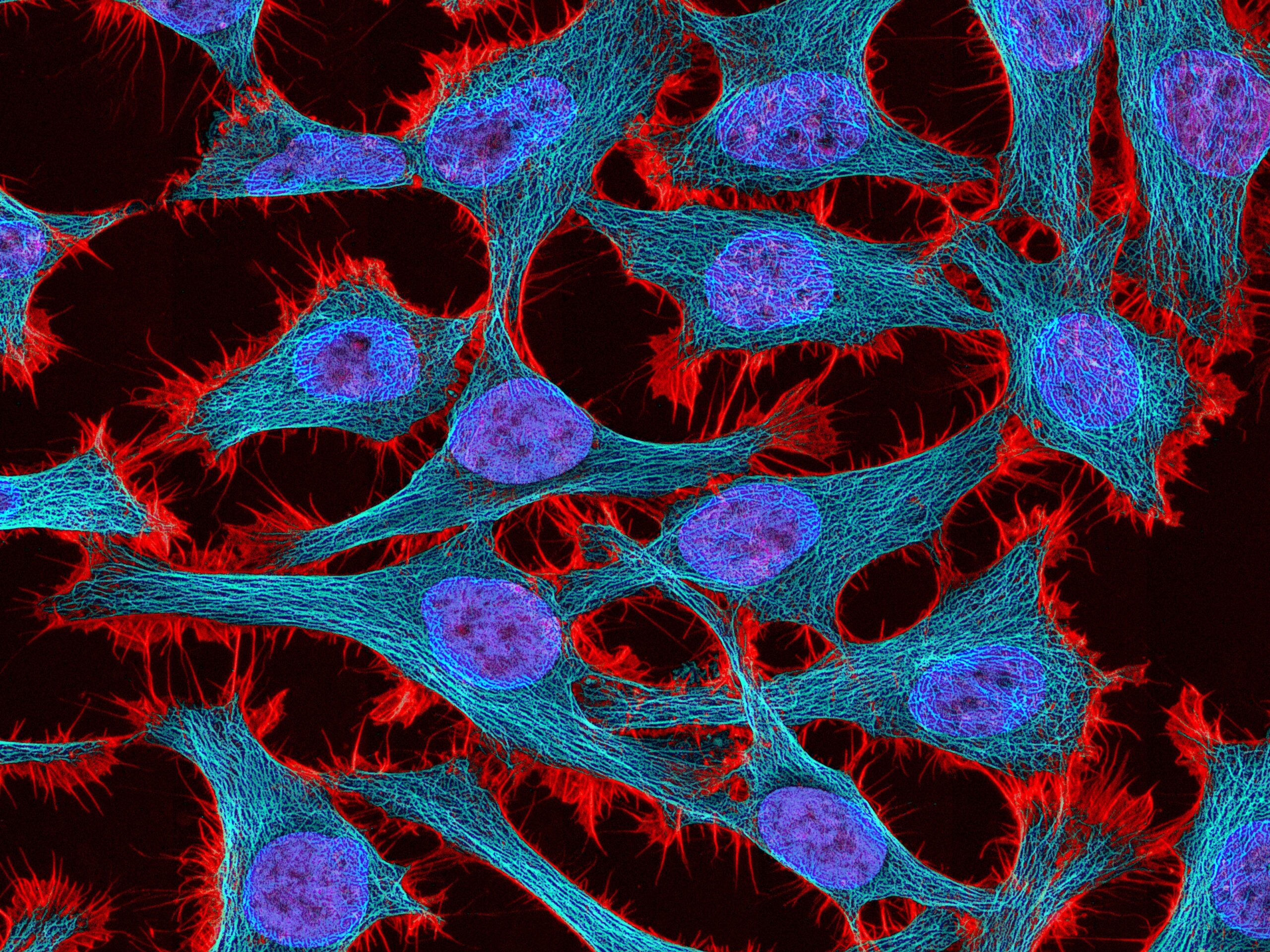Book Review: The Immortal Life of Henrietta Lacks

I first heard about this book when I was taking an anatomy and physiology class. My professor mentioned how HeLa cells were used to develop the polio vaccine. What interested me about HeLa cells is what they are and what they can be used for.
This book is also about the ethics and history of medicine, racial discrimination, and the effect it had on the Lacks family. This gave me a better understanding of why some people don’t trust medicine. With that being said, I believe that “The Immortal Life of Henrietta Lacks” is a must for anyone interested in medical science, biology, or discussing ethics.
Book Summary
Henrietta Lacks was a tobacco farmer who died of cervical cancer. She was an interesting case. HeLa cells have been used in just about every science experiment under the sun. They made cloning possible. They have been used in the development of new cancer treatments. New pharmaceuticals have been developed. Had it not been for HeLa cells, we might not have developed a polio vaccine. Who knows where medicine would be without them?
Henrietta Lacks was one of many patients who donated tissue to Johns Hopkins Hospital. This would have all been fine and dandy had it not been for one thing. She didn’t give consent nor was she informed. The reason for this was because she was a special case. Her cells kept dividing. This has never happened before. These cells would later be known as HeLa cells. Science has never been the same since then. The Immortal Life Of Henrietta Lacks is more than a book about science. It’s also a book about social issues, bioethics, and the impact it had on the Lacks family.
This book was structured in three parts; life, death, and immortality. In part one, life, you will read about the history of Henrietta Lacks and her family before her diagnosis. You will find out what kind of person Henrietta Lacks was and the kind of life she lived.
In part two, death, you will read about how HeLa cells became popular among the scientific community. You will also read about bioethics, the history of medicine, and the controversy involved. Part two was my favorite part.
In part three, immortality, you will read about the Lacks family today. It will show how this impacted their lives. You will also read about the effort Skloot and the Lacks family went through to get Henrietta recognized.
What I liked
I learned a lot from reading this. I liked learning about the history of medicine and what the Lacks family is up to these days. It gave me a better understanding of some people’s perspective. I can see why some people are a bit distrustful of medicine. Medicine has a long history of racial and social biases as well as some questionable ethics. I knew about the corruption in medical science but not all the details.
What I didn’t like
Some parts of part three were a bit disturbing. They also didn’t seem to contribute much to the story. This wasn’t a very common theme in the book, though. I’m not sure if they were significant enough to be included.
Final Thoughts
I thought this was a great book. It is definitely worth reading. You can learn a lot from about scientific breakthrough, bioethics, and history. It may even help you see things from different perspectives.
Disclaimer: As an affiliate marketer, I make a commission from each purchase you make.

